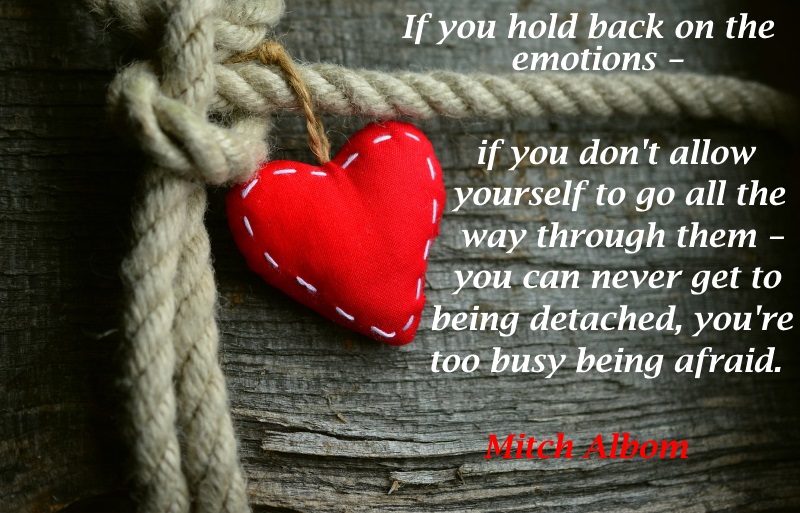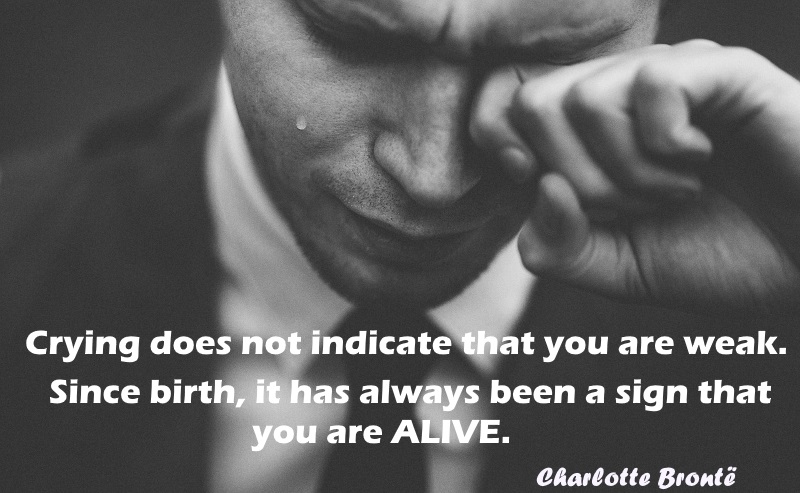
I believe quite strongly that nothing happens by chance. As Sherlock Holmes (Benedict Cumberbatch) once said about coincidence, “The universe is rarely so lazy.” I also firmly believe that our body is often a reflection of our feelings and personality. I once suggested to my brother that his, er, “musical body” (i.e. flatulence) was a reflection of the fact that he almost never talks about his emotions – and so his body was finding a way to release all of his pent-up feelings. He then gave me that look that he always gives me when I delve into psychoanalysis, and proceeded to offer me a “musical” retort in response to my suggestion.
This brings me to the latest study we conducted at Queendom. I am in great admiration of people are always cool, calm, and collected – it’s why I am so drawn to strong, silent types like James Bond, Sherlock Holmes, and even the ever-somber dark knight, Batman (only the Michael Keaton and Christian Bale versions). However, there is something almost unsettling about their seemingly superhuman self-control. Being able to stay calm in emotionally charged situations? Totally an asset. Not being able to express any emotions at all? Major disadvantage, and in more ways than one. Among other problems, emotionally “constipated” people (yes, a most apropos term) tend to feel awkward in social situations, are less confident and assertive, and may also have an underlying need for approval, much to my surprise.
Assessing data from 1,324 people who took our Emotional Intelligence Test, we compared two groups:
- The first group, the “Emotionally Controlled,” is good at regulating their emotions and keeping themselves at even keel, yet they are still comfortable expressing their feelings.
- The second group, the “Emotionally Constipated” is equally skilled at emotional self-control but to the point where they won’t express any emotions at all.
On the one hand, both groups are on par in terms of being empathetic, socially perceptive, and skilled at reading body language. The problem is that too much control can take a social, psychological and, ironically, emotional toll.
Here is where the Emotionally Controlled group and Emotionally Constipated group differed: (Note: Scores range on a scale from 0 to 100)
Emotional Comfort
- Score for Emotionally Controlled group: 80
- Score for Emotionally Constipated group: 49
Not surprisingly, emotionally constipated people tend to feel uncomfortable in any situation in which they have to express their feelings or be around emotional people. Emotionally constipated people can be very empathetic, but are more likely to express their empathy in a matter-of-fact and sometimes even awkward manner (e.g. “Hey, I hope everything works out for you.”).
Emotional Reflection
- Score for Emotionally Controlled group: 85
- Score for Emotionally Constipated group: 61
Emotionally controlled people are comfortable following their gut and listening to their intuition. If they have a bad feeling about something or someone, they heed the warning. The emotionally constipated group, on the other hand, prefers a balance of emotion and logic. Their strict emotional discipline could stem from the fact that they believe feelings are irrational and therefore, cannot be trusted.
Self-Confidence & Self-Esteem
- Score for Emotionally Controlled group: 85
- Score for Emotionally Constipated group: 69
Expressing feelings, particularly those that would make a person seem vulnerable (e.g. fear, love), requires a great deal of confidence. This is where emotionally constipated people struggle. They would rather keep their feelings inside than risk rejection or embarrassment. So while they may appear confident, they are more likely to feel at least somewhat ill-at-ease in any situation that requires them to express their emotions.

Goal-Setting
- Score for Emotionally Controlled group: 71
- Score for Emotionally Constipated group: 55
Emotionally constipated people tend to be less ambitious and goal-oriented. This may be because they are less likely to actually take the time to figure out what they really want out of life (which requires introspection). They may also have difficulty swallowing their pride and admitting when they need help accomplishing a goal.
Self-Awareness
- Score for Emotionally Controlled group: 83
- Score for Emotionally Constipated group: 68
The precursor to emotional expression is self-awareness – you can’t express what you are feeling if you don’t actually know what the heck you are feeling. Given that emotionally constipated people are more likely to distance themselves from their emotions, they may not always take the time to sit down and consult their feelings.
Adaptability
- Score for Emotionally Controlled group: 76
- Score for Emotionally Constipated group: 61
Just as resilience can only be developed through hardship, comfort with emotional expression can only be developed through gradual exposure to situations that require emotional expression (e.g. sharing someone’s joy, expressing appreciation or gratitude, etc.). If emotionally constipated people distance themselves from their emotions, they will have trouble getting used to discussing their feelings.
Contentment
- Score for Emotionally Controlled group: 84
- Score for Emotionally Constipated group: 71
People who are comfortable expressing their emotions tend to be at least a little happier than those who keep their feelings inside. This may be because talking things out with someone, a particularly useful coping strategy in stressful situations, can lighten a person’s emotional burden. It also goes without saying that emotional repression can contribute to feelings of depression and anxiety.

Conflict-Resolution
- Score for Emotionally Controlled group: 83
- Score for Emotionally Constipated group: 74
The emotional charge around conflict situations can sometimes make it difficult for emotionally constipated people to resolve conflict effectively. While it’s essential to be able to remain objective in these situations, a person must also be able to express their feelings tactfully, be it frustration, fear, or love, and accept the other person’s feelings as well.
Need for Approval
- Score for Emotionally Controlled group: 21
- Score for Emotionally Constipated group: 33
Although emotionally constipated people do not have a particularly strong need for approval, there is some desire for validation from others. Essentially, while they are skilled at emotional control, there is still a part of them that wants to tell people how they feel…and for those feelings to be accepted and acknowledged.
You’ll often hear experts go on and on about the dangers of a lack of self-control or of impulsiveness, but the fact of the matter is that keeping your feelings inside can be just as unhealthy. This is particularly true for men. I think we’ve done a great disservice to boys, who are often taught at an early age to “toughen up,” and that “big boys don’t cry”. It honestly breaks my heart and angers me at the same time when I hear parents say this to their sons or, worse yet, actually reward them if they stop crying (“If you stop crying, I’ll buy you a toy” to which I want to tell the parent, “Let him cry and I’ll buy the toy for him…and I will refrain from lecturing you in the middle of this aisle on the importance of emotional expression.”) These are men who then grow up believing that the only appropriate emotion for them to show is anger. And it doesn’t help when some women say that they want a sensitive guy, but then get turned off when their boyfriend shows any emotions. To that I say, “Guys, I apologize on behalf of all women.”
This study makes one thing very clear: Self-control is commendable; self-discipline is something to be admired. However, self-control is not the same as being reserved, and if you have trouble expressing what you feel, you are going to have a hard time dealing with stress and bonding with other people.

Insightfully yours,
Queen D

